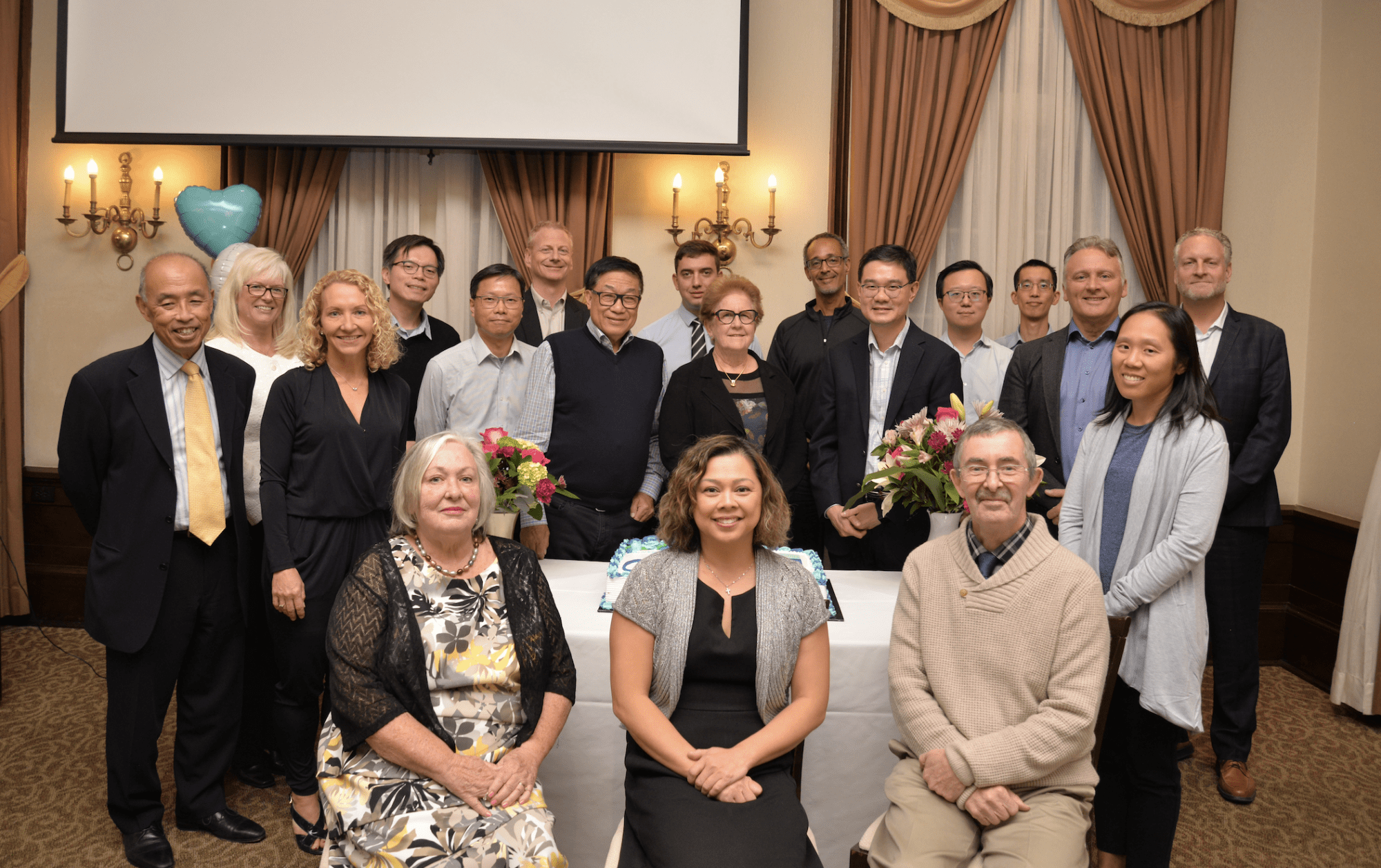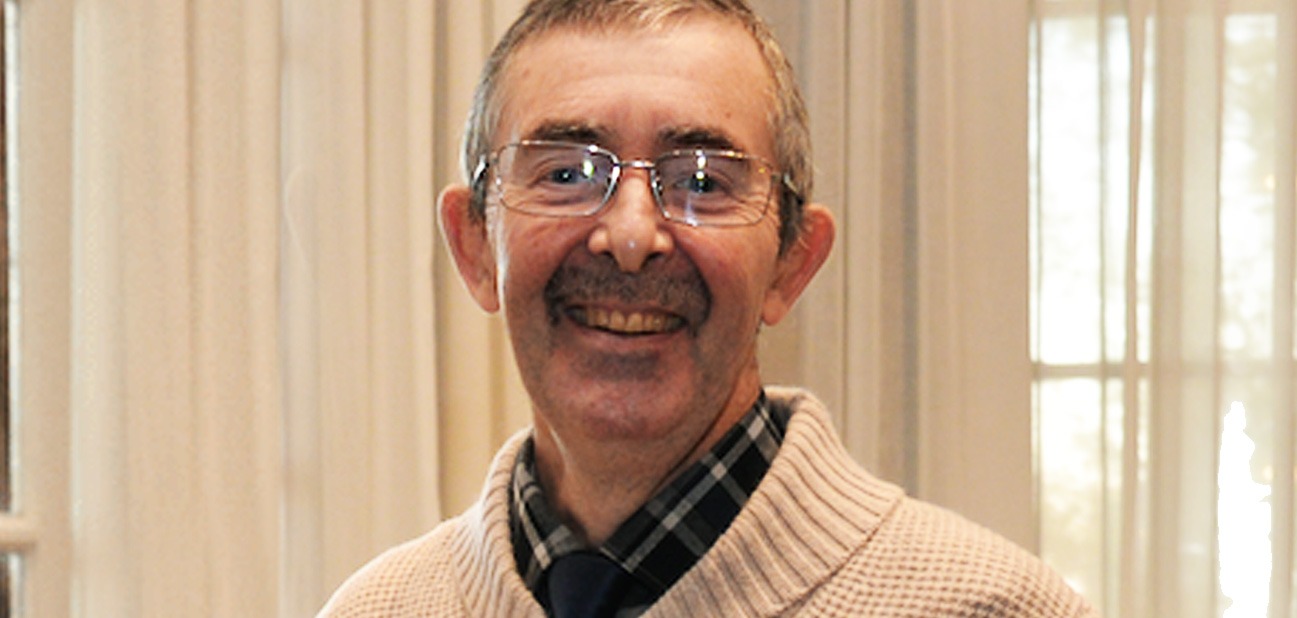“I’m alive,” 65-year-old teacher James Shortt (who goes by Jeff) told a crowd of nephrology healthcare professionals proudly.
After being diagnosed for polycystic kidney disease (PKD), he was treated through the regional nephrology program at Scarborough Health Network (SHN). The program serves more than 6,000 patients from across Scarborough and beyond every year, including Jeff from Thornhill, who is now enjoying his retirement—something he wasn’t sure would be possible 20 years ago.
Jeff was recently invited to speak at the launch of SHN’s Genetic Kidney Disease Clinic, which provides specialized services and interventions to treat patients whose kidney disease is caused by a hereditary condition. As someone who has seen first-hand the effects of autosomal dominant polycystic kidney disease, an inherited form of PKD, he was able to share his own lived experience and highlight the importance of SHN opening this new clinic.

It all started in his late forties. Jeff was going in for regular health check-ups when he was diagnosed with PKD, even though he didn’t notice any symptoms at the time.
“Knowing my family history (my father lived with PKD), my doctor was looking for any abnormalities,” he remembered.
“I was scared when I received the diagnosis. I lived through what this disease did to my father back in the 1970s and 1980s; the last four or five years of my father’s life were not good. He slept about 16 hours a day because he didn’t have the energy to do anything else, and his last six months were spent in hospital. At the end, he was allowed to come home for Christmas and died on January 1, two months shy of his 63rd birthday.”
Admitting the diagnosis still scares him today, Jeff is encouraged by how far kidney disease treatments have come since his father’s illness. For example, the understanding that some forms of kidney disease are often hereditary means screening for patients begins earlier, which means treatment can begin earlier, too.
For this reason, Jeff’s nephrologist Dr. Janet Roscoe, truly a patient advocate, recommends regular check-ups for those who know they have a family history of the disease.
“We want to try to intervene early so we can help these people have a better life for themselves; help the kidneys last longer so patients aren’t on dialysis in their formative years, or their early career and when bringing up their children,” said Dr. Roscoe.
Since his diagnosis, Jeff has taken an active role in his healthcare journey, from trying to learn and understand his blood readings, to changing his lifestyle, which include dietary considerations such as caffeine and potassium intake.
Even still, Jeff has made some significant life decisions because of his understandable concerns of having the disease, including not marrying or having children.
“If we could intervene even earlier and make a person feel confident they would have a long life and not leave their kids at an early age, that is the whole goal in medical care,” remarked Dr. Roscoe.
“We aim to treat and relieve a burden of symptoms and to help that patient have a joyful and fulfilling life.”
For 25 years, SHN’s regional nephrology program has been shaping the future of care. As the largest in Ontario, the program continues to expand to better serve patients—most recently with the introduction of the Genetic Kidney Disease Clinic, made possible with the support of Otsuka Pharmaceuticals. As part of SHN’s larger Multi-Care Kidney Clinic, genetic kidney disease patients may also receive counselling, further treatments to slow progression of their CKD, as well as testing or treatments needed to manage their conditions.
In addition, SHN aims to raise awareness about kidney disease, as well as promote research and advocate for patients and their families. Jeff is one of those patients and today, he is thriving.
“When I say that I’m alive it means I am enjoying retirement, I’m two months past my 65th birthday and I am teaching pottery, curling, and enjoying many other hobbies, like using my senior’s discount,” he laughed.
For more information about kidney disease and treatment, visit shn.ca/nephrology.

